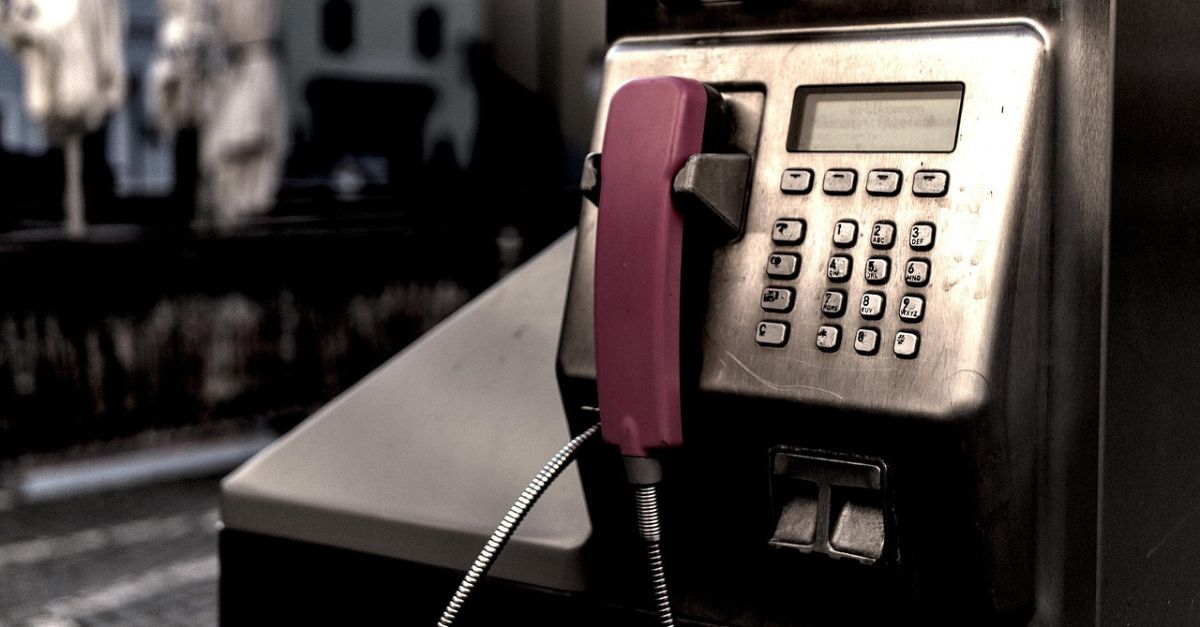Nothing lasts forever, including our planet. Since the industrialization of the world's nations and the advancement of various technologies, the Earth's health has experienced a gradual decline at the hands of pollution. Now, in the 21st century, that deterioration is starting to speed up at an alarming rate. In fact, sometime in the near future, we will reach a critical point of no return, when the Earth's climate can no longer be reversed to stable levels. That's why it's important to care about our environment and to care about it right now. Even the smallest actions can have a significant impact. Here are 5 simple ways you can minimize your carbon footprint and help save the environment:
Don't forget to check the comment section below the article for more interesting stories!
#1 Use reusable bags
Plastic is one of the biggest problems our environment faces. It ends up in the world's most delicate regions, including forests and oceans. It also impacts on multiple scales, from the smallest microecosystems to full-on biomes. Plastic bags, in particular, take forever to decompose and are dangerous to animals as they can suffocate from getting stuck in them or ingesting them. A good way to minimize the amount of plastic that makes its way out into the environment is by resorting to reusable bags instead of plastic bags. Imagine just how much plastic we can prevent from entering nature if we all stopped using plastic bags. It would be a game-changer!
#2 Recycle, recycle, recycle
Recycling is such a simple thing to do, but many people still don't do it. We are currently undergoing a global landfill crisis—soon, we won't have any place to put our garbage anymore. We produce as much as 1.3 billion tons of landfill waste annually, and we're running out of space really fast. The more we can recycle, the more we can avoid overloading our planet with garbage. Many local garbage disposal companies also offer recycling services, so if you haven't already, make sure to contact one and get started on a recycling plan. It's as simple as getting out a bin and sorting through your empty packages and containers.
#3 Conserve water
Freshwater is a limited resource. In fact, only 3% of the Earth's water is freshwater, while the other 97% is saltwater. That's a scary statistic, considering that freshwater is vital for sustaining life. A lot of people waste more water on a daily basis than they may think. By simply paying more attention to our water usage, we can do wonders for conserving our planet's usable water supply. Turn off the faucet while you're brushing your teeth. Limit the amount of water you use when you wash the dishes. Don't spend more time in the shower than you need to. Remember, every drop counts!
#4 Take a bike or carpool
Industrial pollution is a big problem, but mobile sources are even worse—in fact, they account for more than half of the air pollution in the United States alone. The pollutants released from cars, buses, trucks and other forms of transportation contribute to the thinning of the Earth's ozone layer, which protects us from the sun's harmful UV rays. The more we use fuel-based vehicles, the more pollutants we send into the atmosphere and the thinner the ozone layer gets. The result is an increased UV intensity that causes our planet to warm, glaciers to melt, and oceans to rise. Minimize your carbon footprint by taking a bike or carpooling to work. It may not seem like a lot, but a little goes a long way.
#5 Save electricity
Just as we should conserve water, we should also conserve our electricity. A whole lot of pollution is produced when creating electricity, so the more energy-efficient we are, the more we can do for our environment. A good way to start is by using energy-efficient lightbulbs, appliances, and electronics. Not only do these save electricity, but they also last a lot longer. Turn off the lights when you're not using them, as well as the TV and other devices that are plugged in. Consider lowering your A/C or heat if you are able as well.












